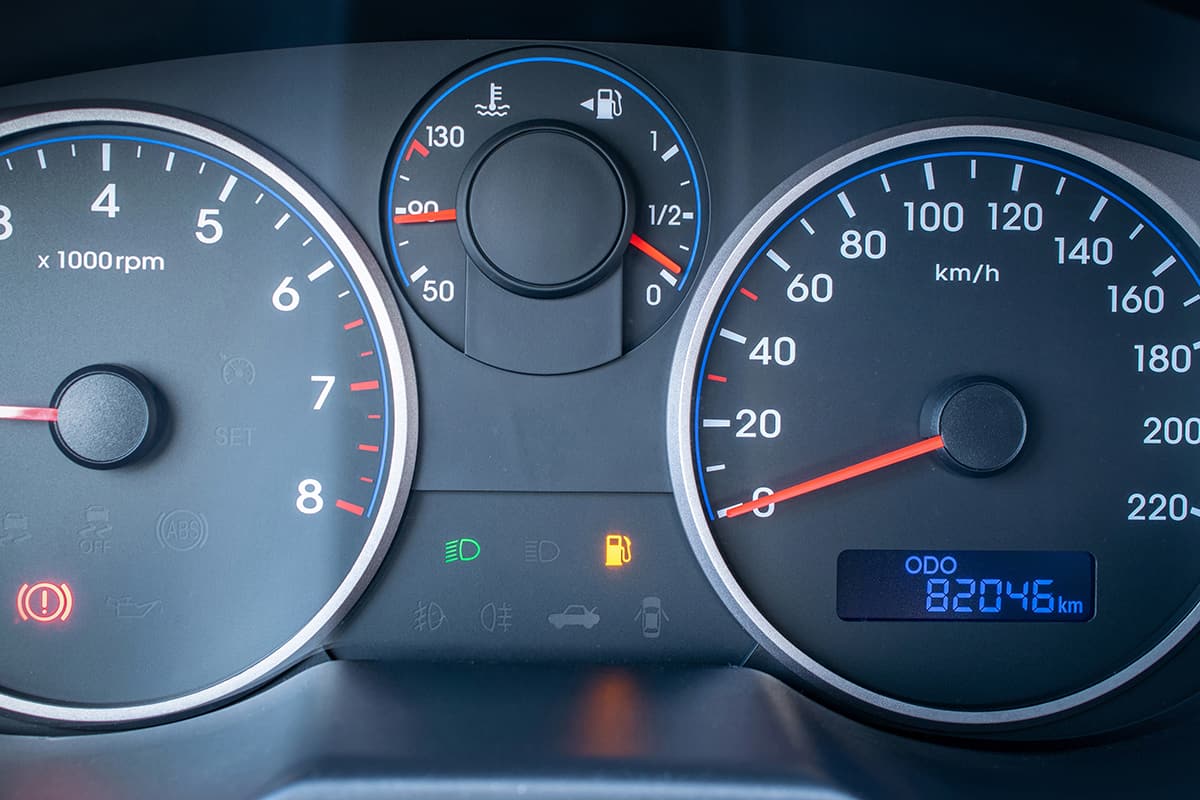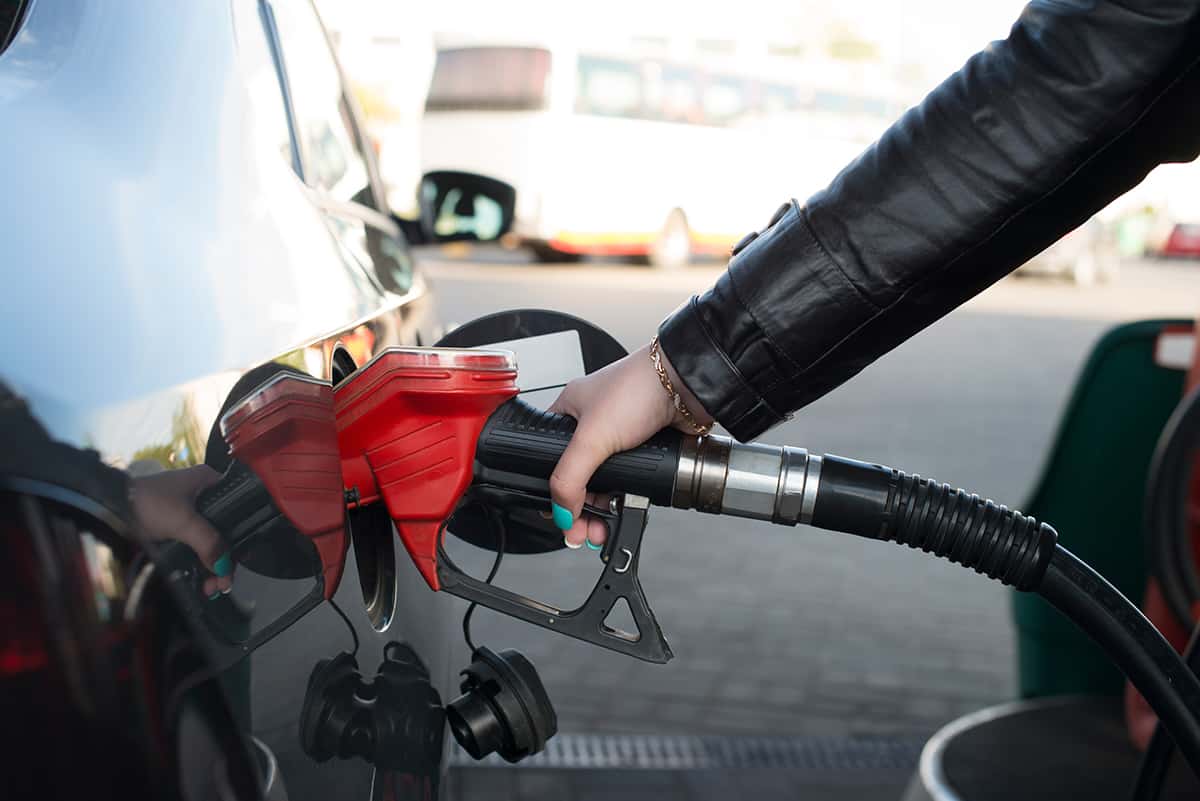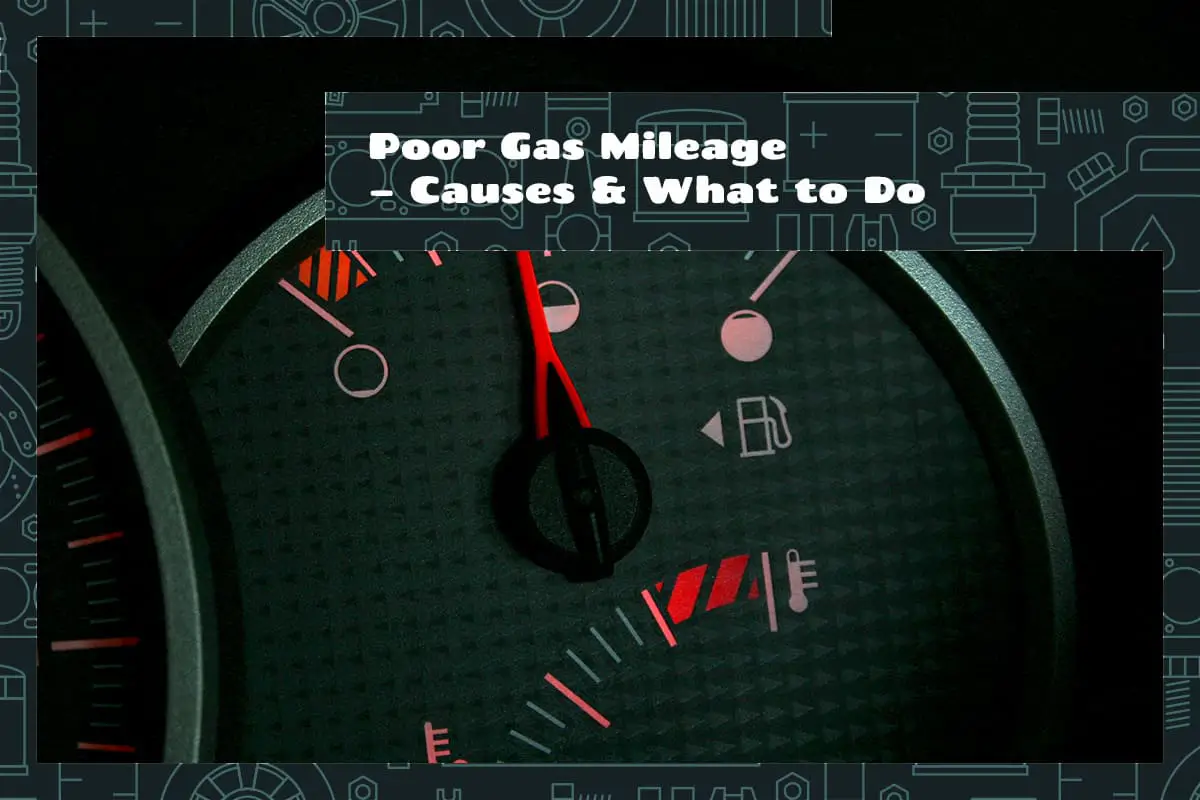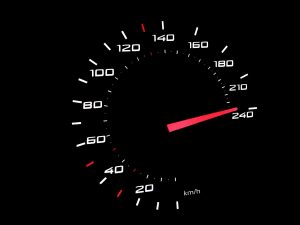Fuel efficiency affects the performance of your vehicle, your wallet, and the environment. High gas mileage implies that your car can travel further distances on less fuel, which in turn leads to monetary savings and reduced carbon emissions. However, many car owners notice a drop in their vehicle’s fuel efficiency over time, which can be a source of significant concern.
If your car uses more gas than normal, it may be due to the following causes:
- Mechanical problems, like incorrect tire pressure or engine faults.
- Poor driving habits, like speeding and overloading your vehicle.
- Environmental factors, like ambient temperature and road conditions.
In this article, we will review the causes of poor gas mileage, offering detailed insights and practical solutions.
Detailed Insight into Gas Mileage

Fuel efficiency, colloquially known as gas mileage, is a measure of how far a vehicle can travel on a certain amount of fuel. High fuel efficiency is beneficial not just for your pocket, but also for the environment, as it means lower carbon emissions.
How is Gas Mileage Measured?
Gas mileage or fuel efficiency is quantified by calculating the distance a vehicle can travel per unit of fuel consumed. In the United States, this is usually expressed as miles per gallon (MPG). The higher the MPG, the better the gas mileage. Here’s how it’s calculated:
Let’s say you fill up your car’s tank and reset your trip meter. You then drive until your tank is nearly empty, noting the distance you’ve traveled from the trip meter. You refill the tank, keeping track of how many gallons it takes to fill it up again. You then divide the total miles driven by the number of gallons used to refill the tank. This gives you the MPG, an indicator of your car’s fuel efficiency.
For example, if you traveled 300 miles and used 10 gallons of gas to refill the tank, your car’s gas mileage would be 300/10 = 30 MPG.
Ideal Gas Mileage
What constitutes an ‘ideal’ gas mileage can vary depending on several factors, primarily the type and age of the vehicle. For instance, compact cars tend to have better fuel efficiency compared to SUVs or trucks due to their smaller size and lighter weight. In 2022, gas mileage for new passenger cars in the US varied between 16 and roughly 25 MPG, while for light trucks, it was around 14 to 23 MPG.
Hybrid cars, combining a gasoline engine with an electric motor, tend to have even better fuel efficiency. Some models can deliver over 50 MPG. Fully electric vehicles, on the other hand, don’t consume traditional fuel, so their efficiency is measured differently, using a metric called MPGe (miles per gallon equivalent).
Causes of Poor Gas Mileage
While every car’s fuel efficiency might differ based on its make, model, and year of manufacture, a significant decrease in gas mileage is usually a cause for concern. Several factors can contribute to poor gas mileage, which can be broadly classified into mechanical issues, driving habits, and environmental factors.
1. Mechanical Issues
Mechanical issues are often at the root of decreased fuel efficiency. Here are the most common culprits:
- Tire Pressure: Tires that are not inflated to the manufacturer’s recommended pressure can create more road resistance, causing the engine to work harder and burn more fuel. Checking your tire pressure regularly can help prevent this.
- Engine Problems: Engine inefficiencies due to wear and tear, improper tuning, or malfunctioning parts can lead to poor fuel combustion, increasing fuel consumption. Regular engine checkups can help diagnose and fix such issues early.
- Damaged Oxygen Sensors: The oxygen sensor in your vehicle helps maintain the right mix of air and fuel for combustion. A malfunctioning sensor can disrupt this balance, leading to increased fuel usage.
2. Driving Habits
Your driving habits significantly influence your car’s gas mileage. Here are some practices that can negatively affect fuel efficiency:
- Speeding and Rapid Acceleration: High speeds and rapid acceleration require more energy, leading to higher fuel consumption. Maintaining a steady speed within the legal limit is more fuel-efficient.
- Excessive Idling: When your car is idling, it’s using fuel but not moving. Minimizing idle time, particularly in large vehicles, can improve fuel efficiency.
- Overloading: The heavier your car, the harder the engine has to work to move it. Regularly removing unnecessary items can help lighten the load and improve gas mileage.
3. Environmental Factors
Lastly, external environmental factors can also play a role in your vehicle’s fuel efficiency:
- Weather Conditions: Cold weather can increase fuel consumption as the engine takes longer to reach its most efficient temperature. Similarly, using air conditioning in hot weather can increase fuel usage.
- Road Conditions: Hilly terrains, poor road surfaces, and city driving with frequent stops and starts can all decrease fuel efficiency. Choosing routes with less traffic and smoother surfaces can help improve gas mileage.
Practical Tips on Improving Gas Mileage

While poor gas mileage can be a concern, there are several strategies that you can adopt to improve your vehicle’s fuel efficiency. Let’s explore these in more detail.
1. Regular Vehicle Maintenance
Adhering to a regular maintenance schedule can help optimize your car’s performance and gas mileage.
- Tire Care: Keeping your tires properly inflated to the recommended pressure and regularly checking their alignment can minimize road resistance and improve fuel efficiency.
- Engine Tune-Ups: Regular engine checkups can help identify and rectify issues that might be leading to poor fuel combustion and increased fuel consumption.
- Changing Air Filters: A clean air filter ensures that your engine gets a steady supply of clean air for combustion, optimizing its performance and fuel efficiency.
2. Modifying Driving Habits
Adopting more fuel-efficient driving habits can also help improve your vehicle’s gas mileage.
- Speed Management: Maintaining a steady speed and avoiding rapid acceleration and deceleration can reduce your vehicle’s energy needs and fuel consumption.
- Minimizing Idling: Limiting idle time, particularly in larger vehicles, can also help reduce unnecessary fuel usage.
- Reducing Load: Regularly removing unnecessary items from your vehicle can lighten its load, making it easier for the engine to move the car and, thus, improving fuel efficiency.
3. Adapting to Environmental Factors
Finally, being mindful of the environment in which you’re driving can also help optimize fuel efficiency.
- Seasonal Adjustments: Pre-warming your engine in colder months and minimizing the use of air conditioning in hot weather can help manage fuel consumption.
- Choosing Routes: Opt for routes with smoother surfaces and less traffic to minimize frequent stops and starts, which can lower your vehicle’s gas mileage.
FAQs
1. What is considered poor gas mileage?
“Poor” gas mileage can vary based on the type, age, and condition of the vehicle, as well as driving habits and conditions. For instance, an older model SUV may naturally have lower fuel efficiency than a new compact car.
However, a significant or sudden drop in fuel efficiency compared to what you’ve typically experienced with your vehicle is generally a cause for concern and may indicate mechanical issues or a need for maintenance.
2. What is the quickest way to improve gas mileage?
The quickest way to improve gas mileage is to adjust your driving habits. Speed management, reducing rapid acceleration and deceleration, and minimizing idle time can yield immediate results. Maintaining a steady speed within the legal limit, accelerating and decelerating smoothly, and turning off the engine when stationary for extended periods can significantly decrease your vehicle’s fuel consumption.
3. Does using air conditioning affect gas mileage?
Yes, using air conditioning can affect gas mileage. The AC system uses energy to cool the air, and this energy is provided by the car’s engine, which burns fuel to generate power. When the AC is running, the engine has to work harder, leading to increased fuel consumption and, in turn, reduced gas mileage.




